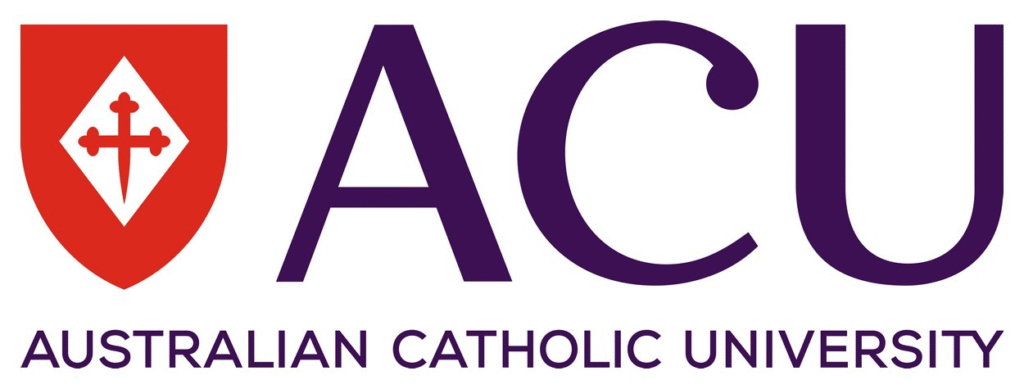ANZAMEMS is pleased to celebrate some of our members’ recent successes in attaining fellowships through the Australian Academy of the Humanities.
Humanities Travelling Fellowships enable early-career researchers to undertake research overseas, where they may access materials otherwise inaccessible, connect with international organisations, researchers and forge new networks.
See the AAH press release for the 2025 round of awardees. Among these are two ANZAMEMS members.
Dr Jennifer Nicholson (University of Sydney)
Shakespeare’s False Friends: French English, Early Modern England, and the Stage
False Friends addresses the curiosity of there being no monograph or extended scholarship concerning William Shakespeare’s knowledge of French. Dr Nicholson’s research considers how relationships between the porous edges of French and English in early modern plays, including those by Shakespeare and his contemporary, Christopher Marlowe, generate new readings of theatre’s textual and philosophical uncertainties.
Under the Fellowship, Dr Nicholson will travel to the United States, Scotland and England to access archival sites containing manuscript materials relating to Shakespeare. In addition to her research, Dr Nicholson will co-facilitate a seminar at the Shakespeare Association of America’s 2026 conference and will visit research centres across the United Kingdom.
Dr Mairi Hill (University of Melbourne)
Women, Language, and Labour in Medieval and Early Modern England
Women played an important economic role in medieval and early modern society. However, the profitability of female labour in early capitalist society is rarely discussed. Women’s work and spaces of work are presented as communal and places which encouraged women’s alleged propensity for excessive speech. This project aims to answer questions around relationships between women, spaces of work and how excessive speech may have contributed to language related to “women’s work” and shaped attitudes still prevalent in contemporary society.
Under the Fellowship, Dr Hill will travel to the United Kingdom to access historical records about premodern women’s labour across the UK National Archives, The London Archives and Surrey House Centre. Dr Hill intends for the research completed under this Fellowship to form the foundation of a second monograph.
Dr Nicholson and Dr Hill join a rich tradition of ANZAMEMS success in for Humanities Travelling Fellowships including recent awardees Matthew Firth (2024), Kirstie Flannery (2022), Michele Seah (2022), Frederic Kiernan (2021), and Janet Wade (2021).





